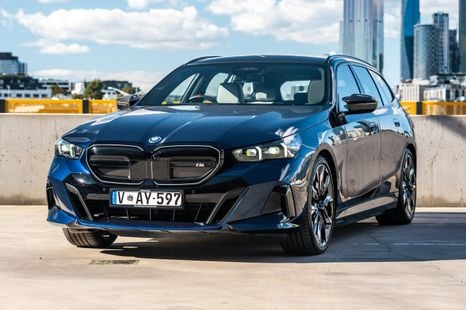

Damion Smy
2026 BMW i5 Touring review
2 Hours Ago

Publisher
Toyota says countries like Australia are better off with a greater adoption of hybrid vehicles than battery electric vehicles (BEVs), given the state of renewable energy and the country’s reliance on electricity generated from coal.
Speaking to Australian media, Toyota Australia vice president of sales and marketing Sean Hanley said that while some countries have progressed to make EVs a logical choice, Australia is still far behind.
“We know BEVs like the bZ4X will play an increasingly important role in cutting carbon. BEVs make sense right now in places like Norway where most energy is renewable and incomes are high. But Australia is not Europe,” Mr Hanley said.
“In most of our states – and in many other countries, including China – power generation is still largely dependent on fossil fuels. In fact, according to our federal energy department, fossil fuels contributed 68 per cent of total electricity generation in Australia last year – and it will be higher or perhaps lower depending on where you live.”
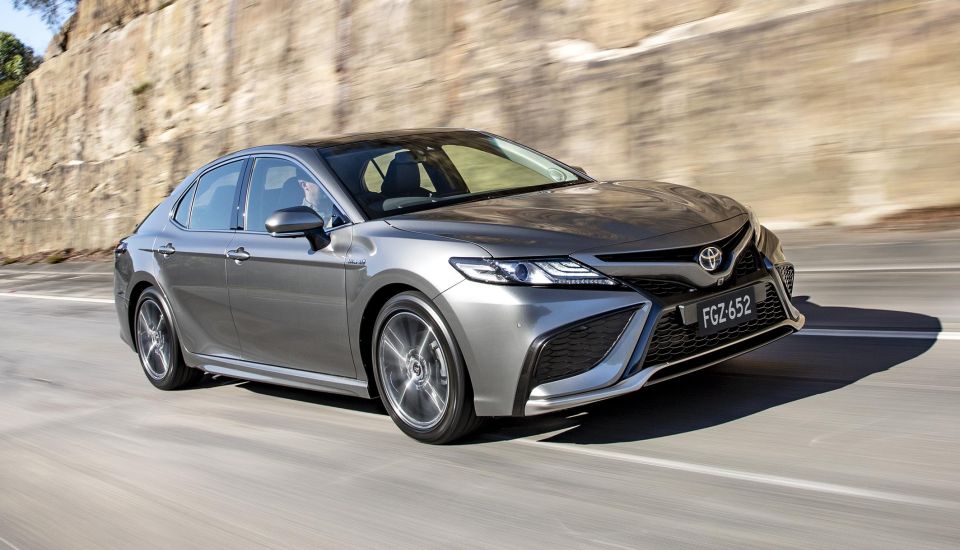
According to Toyota, it takes the same amount of raw battery materials to make one battery electric vehicle as it does to make six plug-in hybrids or a staggering 90 standard hybrids (like the Camry Hybrid). Toyota calls this the 1-6-90 rule.
“This enables us to reduce the tailpipe emissions of 90 cars, rather than focusing on a single car that is powered, in many cases, by electricity generated from coal – not to mention being impractical for the vast majority of Australian motorists,” he said.
Toyota says it will look at each country holistically and bring about a solution that makes sense in that market while also taking into consideration “diverse cultures, lifestyles, roads, vehicle choices, ways of using cars – and access to various energy sources”.
According to Mr Hanley, a country like Australia is far better served with a heavy mix of hybrids than BEVs.
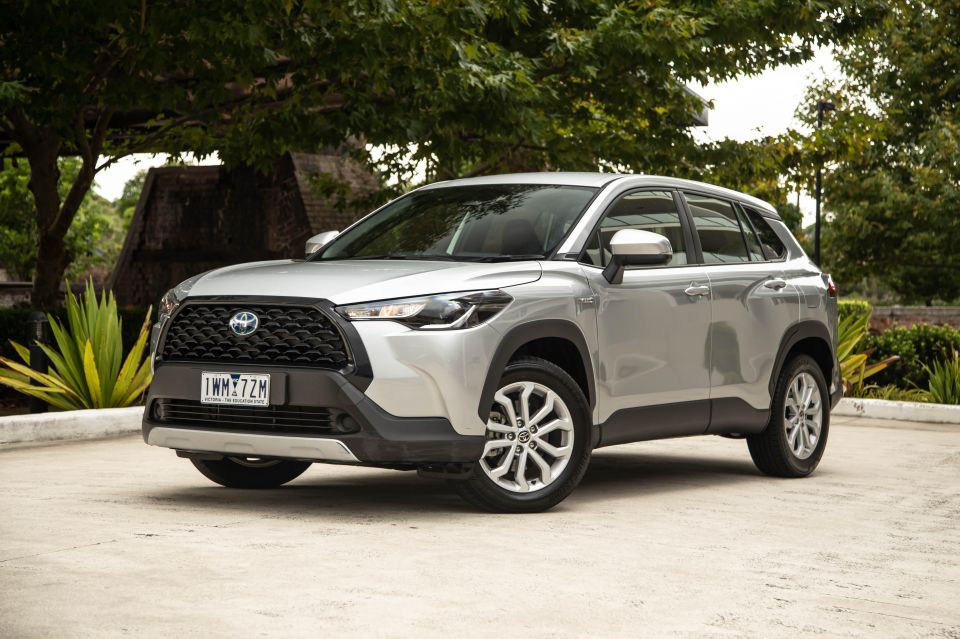
“Right now, hybrid-electric vehicles are a better fit than BEVs for most consumers,” he said.
“They are more affordable and don’t require charging infrastructure.
“The sales figures tell the story: 23 million sold globally, including 350,000 in Australia. They’re cars for the masses, not for the few.”
Toyota’s myth-busting campaign against BEV adoption comes at the same time as it gears up to launch its first BEV in the Australian market.
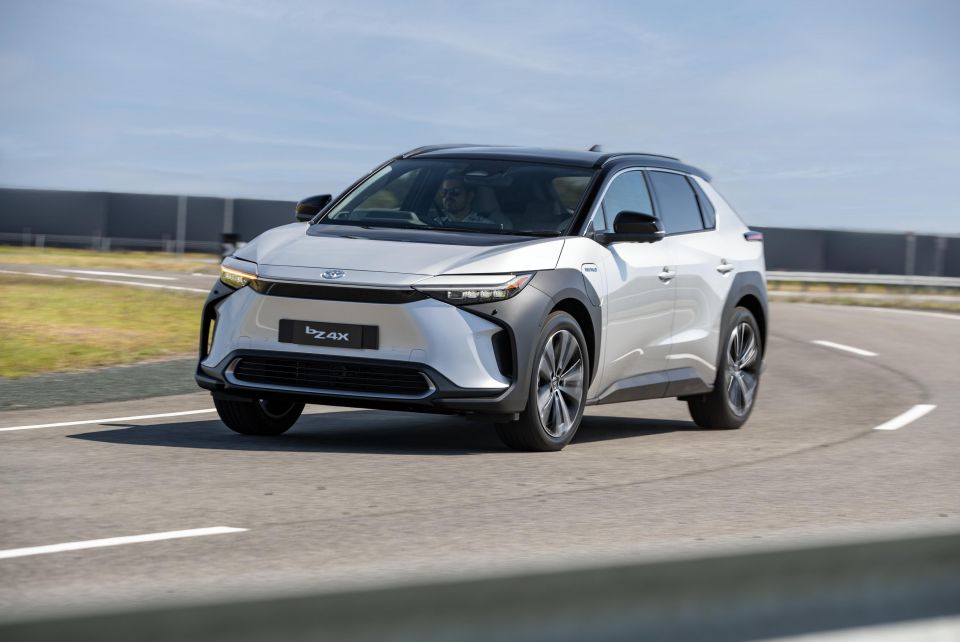
“We are not saying that hybrids should be used instead of BEVs everywhere and forever. Our parent company is accelerating its advances in electric vehicle technology,” said Mr Hanley.
“For us, it has never been a question of if we should launch BEVs, but only when. Now is absolutely the right time – and it all starts with the bZ4X… the bZ4X not just an electric car, it’s the foundation for the next phase of our electrification strategy.”
Toyota plans to produce 3.5 million battery electric vehicles a year by 2030 and in 2026, the Japanese giant is set to introduce a completely new BEV platform and have at least 10 fully electric vehicles in market.
The company is set to unveil the updated bZ4X at the Tokyo motor show today ahead of its arrival in Australia by February next year.
Go deeper on the cars in our Showroom, compare your options, or see what a great deal looks like with help from our New Car Specialists.
Alborz Fallah is a CarExpert co-founder and industry leader shaping digital automotive media with a unique mix of tech and car expertise.


Damion Smy
2 Hours Ago
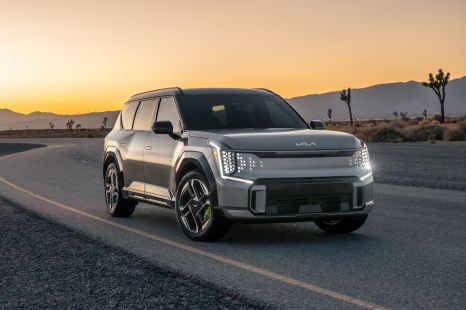

William Stopford
9 Hours Ago
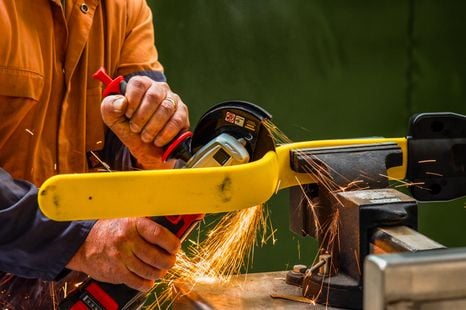

Paul Maric
10 Hours Ago
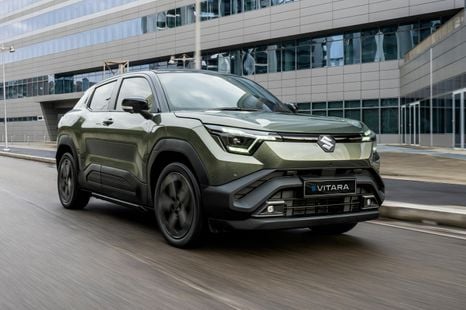

Damion Smy
10 Hours Ago
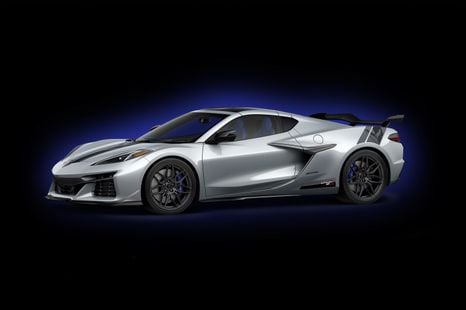

Damion Smy
13 Hours Ago
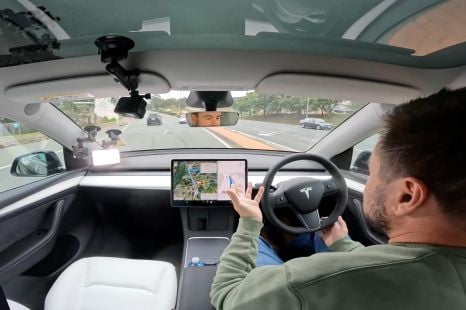

William Stopford
13 Hours Ago
Add CarExpert as a Preferred Source on Google so your search results prioritise writing by actual experts, not AI.